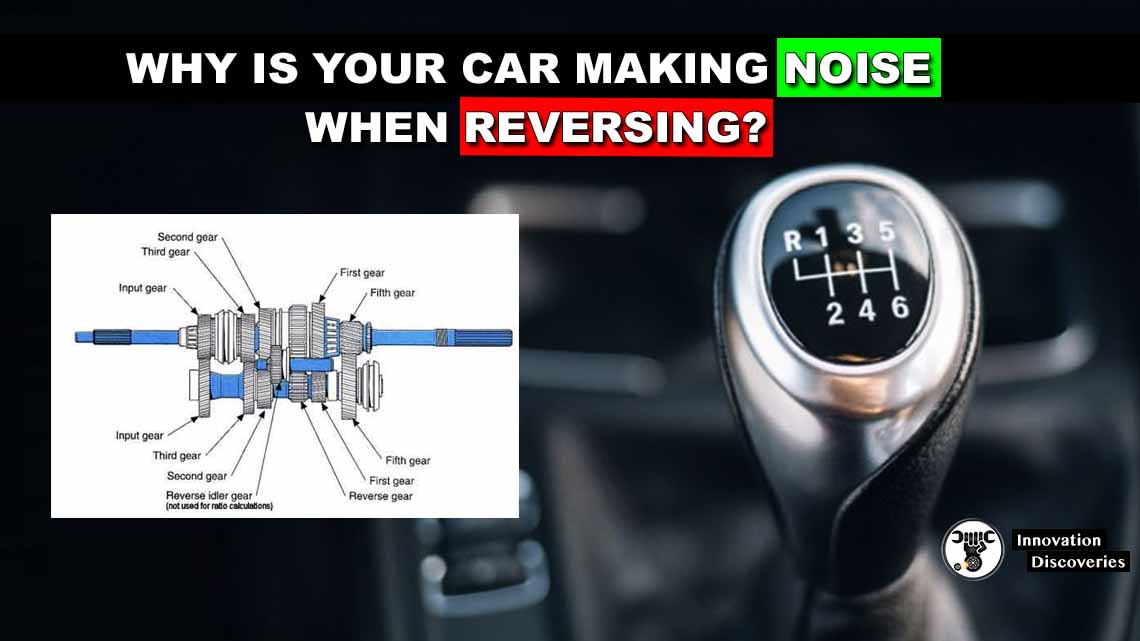
Introduction:
As a car owner, it can be concerning when you hear unexpected noises coming from your vehicle, especially when reversing. These noises may indicate underlying issues that require attention to ensure the safe and smooth operation of your car.
In this article, we will explore some common causes of noise when reversing and provide possible solutions to help you diagnose and resolve the problem.
1. Brake Issues:
One of the common culprits for noise while reversing is brake-related problems. If you notice a squealing or grinding noise when reversing, it is likely a sign of worn brake pads or rotors. Over time, the friction material on brake pads wears down, and the metal backing plate begins to make contact with the rotor, resulting in noise. In such cases, it is recommended to have the brake pads and rotors inspected and replaced if necessary by a qualified mechanic.
2. Transmission Problems:
Unusual noises during reverse gear engagement can be indicative of transmission issues. Insufficient transmission fluid, a faulty transmission mount, or internal damage within the transmission system may cause noise while reversing. It is crucial to address these problems promptly to prevent further damage. A professional mechanic should diagnose the issue and determine the necessary repairs.
3. Wheel Bearing Issues:
If you hear a humming or whining noise when reversing, it could point to worn-out wheel bearings. Wheel bearings enable smooth wheel rotation and can deteriorate over time, causing noise. If left unattended, damaged wheel bearings can lead to unsafe driving conditions. It is advisable to have a mechanic inspect and replace worn wheel bearings as needed.
4. Exhaust System Trouble:
Rattling noises when reversing might indicate problems with the exhaust system. Loose or damaged components, such as heat shields or hangers, can create such noises. A thorough inspection of the exhaust system by a professional can identify the faulty parts, which can then be repaired or replaced accordingly.
5. Suspension Problems:
Faulty suspension components can also contribute to noise while reversing. Worn-out struts, control arm bushings, or other suspension parts can cause clunking or knocking sounds. Regular maintenance and inspections of the suspension system are crucial to identify and resolve these issues promptly. A mechanic can diagnose the problem and recommend the necessary repairs or replacements.
6. Power Steering Issues:
Whining or squealing noises during reversing, particularly when turning the wheel, may indicate power steering problems. Low power steering fluid levels or a failing power steering pump can be the cause. Checking the power steering fluid reservoir and topping it up if needed can help alleviate the noise. If the problem persists, consulting a professional mechanic is advised.
Read More:
- HOW CAR SPRINGS AND DAMPERS WORK
- HOW AIR SUSPENSION SYSTEMS WORK
- 5 SUSPENSION MODS YOU SHOULD NEVER DO TO YOUR CAR
- A QUICK GUIDE TO DIAGNOSING 10 COMMON STEERING ISSUES
- 5 WARNING SIGNS OF BAD INTERMEDIATE STEERING SHAFTS
- 3 COMMON SYMPTOMS OF LOW POWER STEERING FLUID
- ELECTRIC VS HYDRAULIC POWER STEERING
- HOW POWER STEERING WORKS?
- STEERING SYSTEM: REQUIREMENTS, TYPES, POWER STEER
Conclusion:
When your car emits unusual noises during reversing, it is essential not to ignore them. The causes of such noises can vary, ranging from brake issues to transmission problems, wheel bearing troubles, exhaust system complications, suspension faults, or power steering malfunctions.
Proper diagnosis by a qualified mechanic is crucial to accurately identify and resolve the underlying problem. Timely attention to these issues ensures the safety and longevity of your vehicle, allowing you to enjoy a smoother driving experience.
Read More:
- Average Cost of Four Wheel Balancing
- Car Thermostat Functions, Failure Symptoms, and Replacement Cost
- How Long Can You Drive On A Bad Wheel Bearing?
- The Advantages And Disadvantages Of Straight Cut Gears
See More:
- 4 Common Symptoms of Automatic Transmission Problems
- How To Do Automatic Transmission Service Yourself?
- Automatic Transmission Valve Body Functions And Failure Symptoms
- Detecting 6 Common Automatic Transmission Problems
- Continuously Variable Transmission : Advantages and Disadvantages
Visit Forum
Visit Our Friendly Website


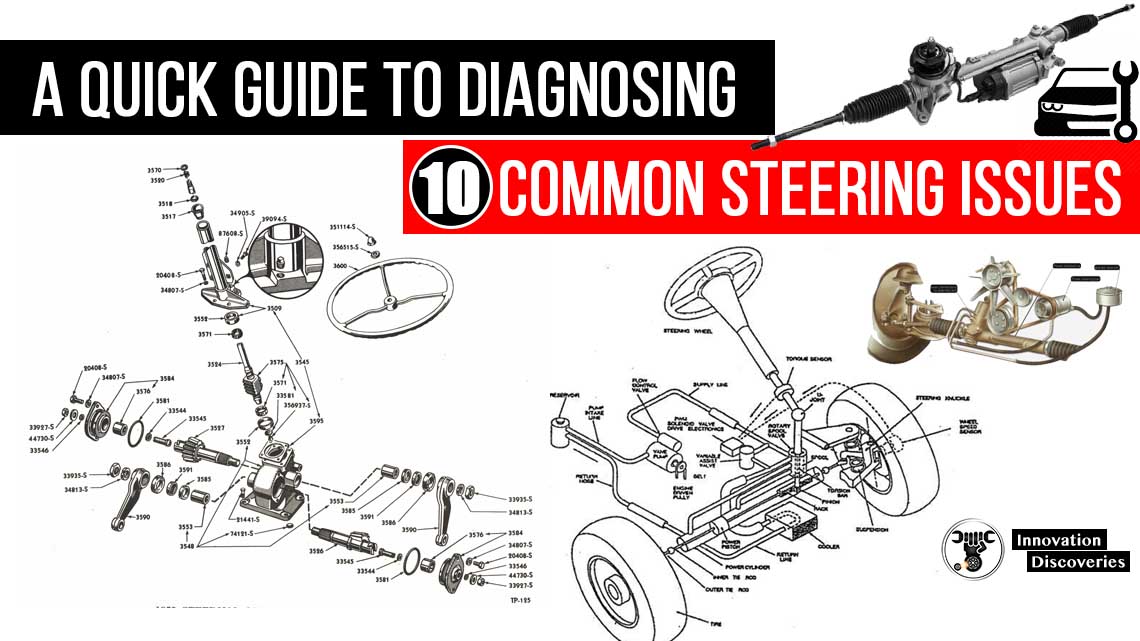
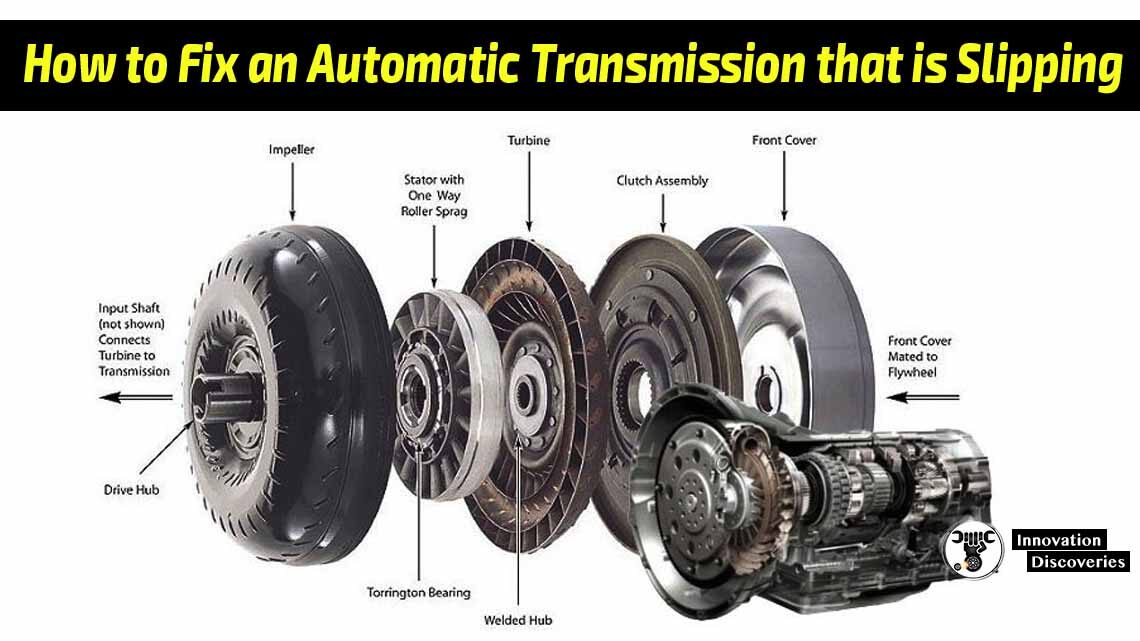
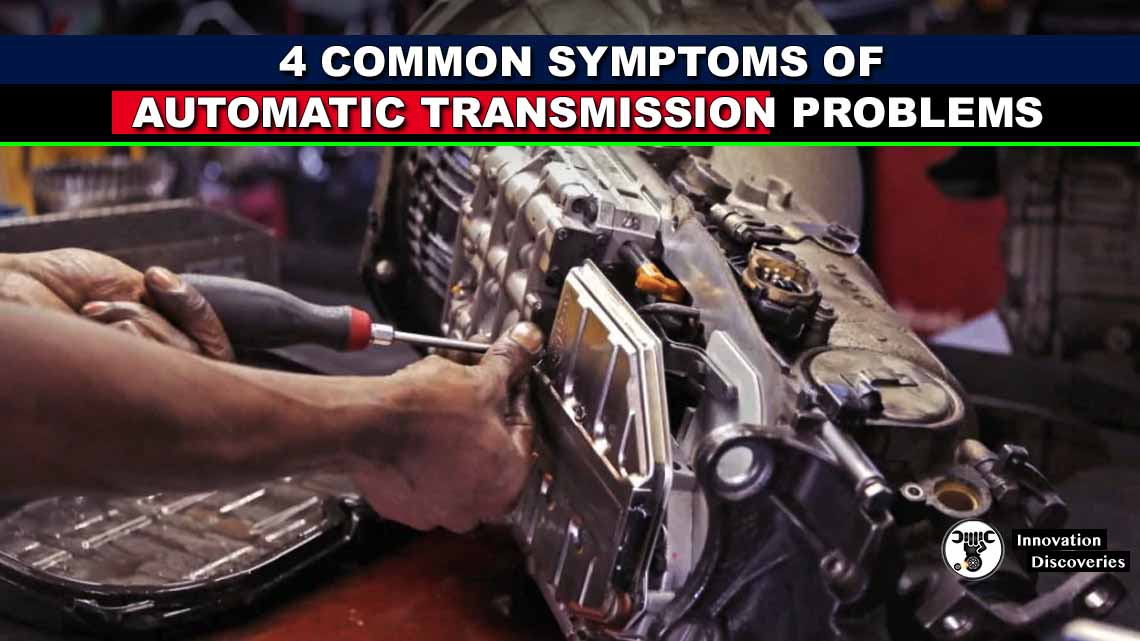
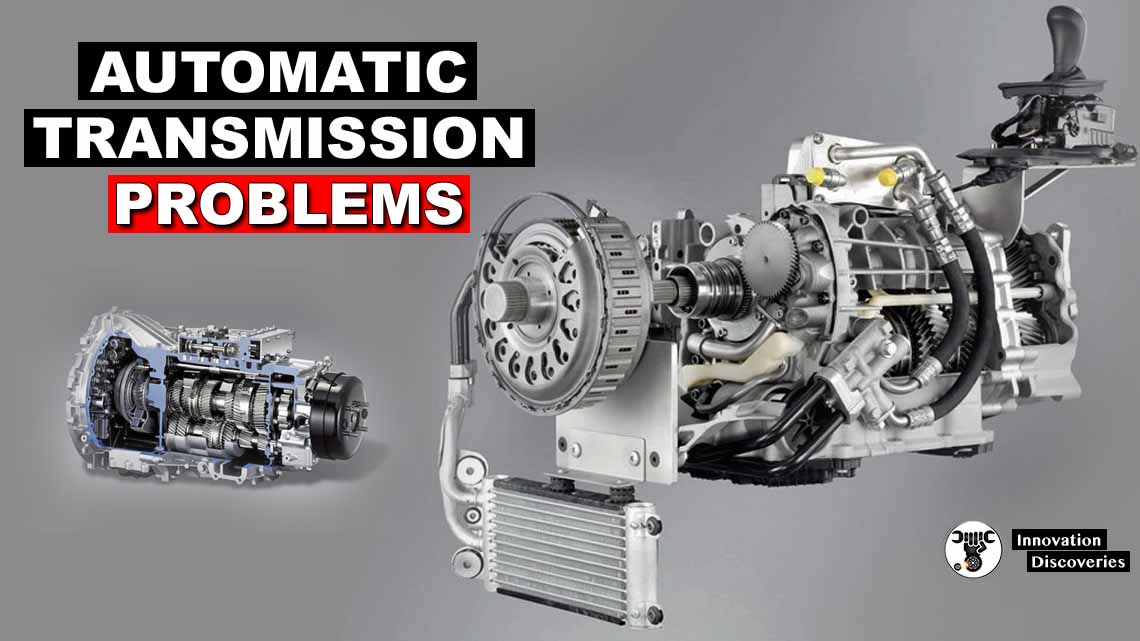
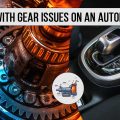
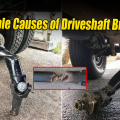
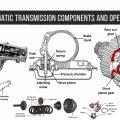
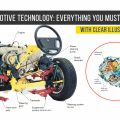
Trasmision gear not working. What problem